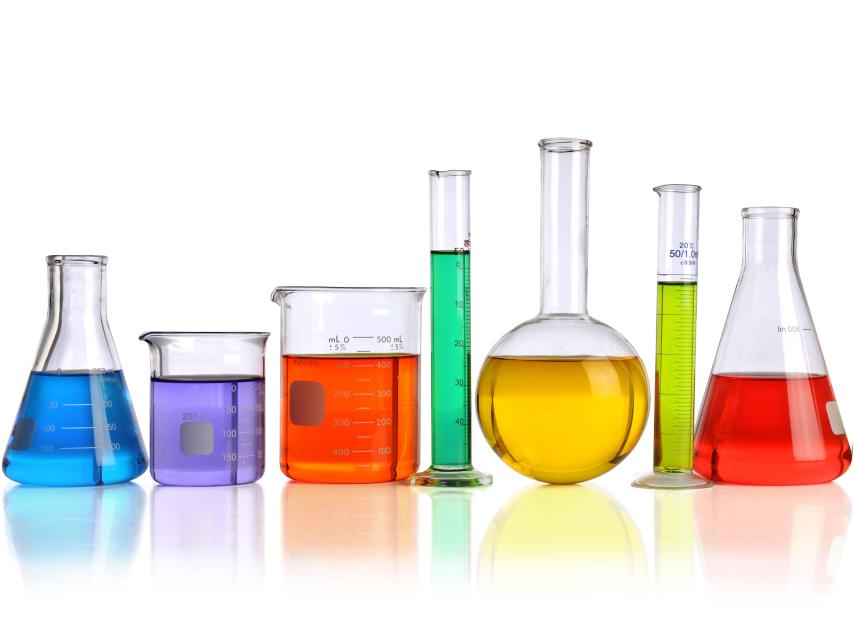CFR 21 Determination of Inorganic Additives in Food Contact Materials
The Comprehensive Food and Drug Administration (CFR) Title 21 Part 175-189, commonly known as CFR 21, is a key regulatory framework that governs the use of substances intended for use in contact with food. This regulation ensures that materials used in packaging or containers do not introduce harmful substances into food products. Within this context, the determination of inorganic additives plays a critical role to ensure public health and safety.
Inorganic compounds are commonly used as stabilizers, antioxidants, colorants, and other functional additives in food contact materials (FCMs). However, their presence must be strictly controlled to prevent contamination of food with harmful substances. This is where our expertise comes into play – we offer comprehensive testing services that adhere meticulously to CFR 21 standards.
The process involves meticulous specimen preparation followed by analysis using advanced analytical techniques such as Inductively Coupled Plasma Mass Spectrometry (ICP-MS), which allows for precise quantification of trace elements. Our laboratory utilizes state-of-the-art equipment, ensuring accurate and reliable results every time.
Our dedicated team works closely with clients to understand their specific requirements, whether they are quality managers looking to ensure compliance or R&D engineers aiming to optimize formulations while maintaining safety standards. By leveraging our extensive experience in this domain, we provide tailored solutions that meet both regulatory expectations and business needs.
| Standard | Description |
|---|---|
| CFR 21 §175.300, 178.3600 | Set forth permissible levels of inorganic additives used in FCMs. |
| ISO 9465:2010 | Methodology for the determination of metal impurities in plastics. |
Applied Standards
The testing process strictly adheres to the requirements outlined by CFR 21, ensuring that all additives are within safe limits as specified in sections 175.300 and 178.3600. Additionally, ISO standards such as ISO 9465:2010 provide supplementary guidance on methodologies for detecting metal impurities present in plastic materials commonly used in food packaging.
| Standard | Description |
|---|---|
| CFR 21 §175.300, 178.3600 | Permissible levels of inorganic additives used in FCMs. |
| ASTM D4719-15 | Guidelines for evaluating the migration behavior of inorganic compounds from FCMs into food simulants. |
Eurolab Advantages
At Eurolab, we pride ourselves on providing unparalleled service excellence in the field of chemical testing. Our team of highly qualified professionals ensures that all samples are handled with utmost care and precision. With our advanced facilities equipped with cutting-edge technology, we deliver accurate results consistently.
- Dedicated project managers who ensure seamless communication throughout the process.
- State-of-the-art laboratories staffed by experienced chemists specializing in food safety and quality assurance.
- A comprehensive suite of analytical tools tailored to meet your specific testing needs.
We offer a range of services designed to support various stages of product development, from initial concept design through final certification. Whether you are conducting internal audits or preparing for third-party inspections, our team is here to assist you every step of the way.
Our commitment extends beyond just delivering accurate results; we also prioritize providing detailed reports that offer valuable insights into potential risks and mitigation strategies. This approach helps ensure long-term compliance with regulatory requirements while fostering continuous improvement within your organization.
Environmental and Sustainability Contributions
In addition to ensuring food safety, our services contribute positively towards environmental sustainability. By identifying potential sources of contamination early on in the production process, we help manufacturers adopt more sustainable practices that reduce waste and minimize adverse impacts on ecosystems.
- Reducing unnecessary use of hazardous chemicals through thorough evaluation.
- Supporting recycling initiatives by recommending eco-friendly alternatives where appropriate.





